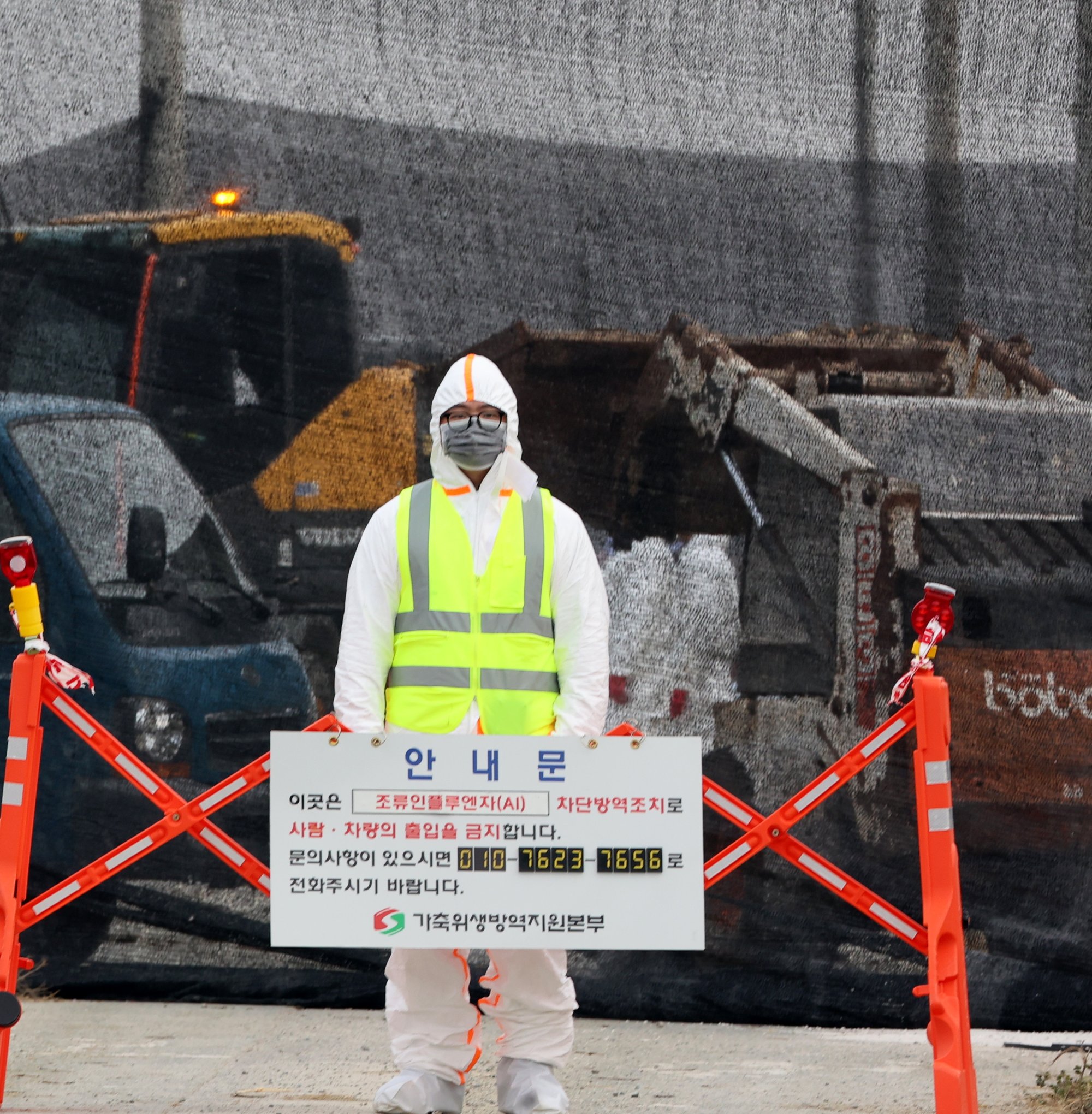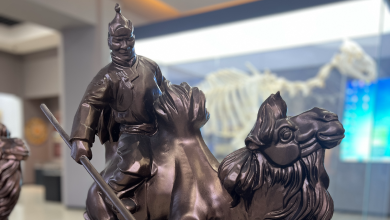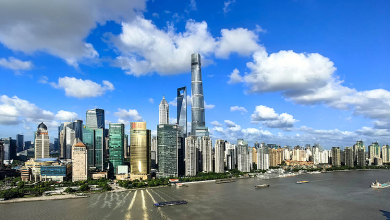Singapore suspends poultry imports from parts of Japan, US, Canada, France and other countries over bird flu fears
[ad_1]
Singapore has suspended the import of raw poultry and poultry products from several regions in countries affected by an outbreak of the highly pathogenic H5N1 avian influenza.
These places include four Japanese prefectures – Saga, Ibaraki, Saitama and Kagoshima – as well as several regions in the United States, Canada, France, Belgium and Germany.
In circulars to meat and egg traders dated December 8, the Singapore Food Agency (SFA) said the temporary restriction was imposed in light of the highly pathogenic avian influenza, commonly called bird flu.
“Heat-treated poultry products which comply with the World Organisation for Animal Health guidelines for inactivation of AI virus will not be subjected to the restriction,” stated the circular for Japanese imports.
Poultry vaccine China’s ‘best defence’ as bird flu spreads from Europe, Africa
Poultry vaccine China’s ‘best defence’ as bird flu spreads from Europe, Africa
Heat-treated poultry refers to products that have been treated according to guidelines by the World Organisation for Animal Health.
Bird flu, which has led to the culling of hundreds of millions of birds in the past years, usually strikes in Europe during autumn and winter.
It was also recently detected on farms in Cambodia, Japan and South Korea. Japanese media NHK reported in November that the local government in Saga prefecture will cull about 40,000 birds on an affected farm.

According to SFA’s data in 2022, Singapore approved 30 countries as sources of poultry which includes chicken, duck, turkey, goose and quail.
Brazil, Malaysia and the United States are Singapore’s top sources of chicken.
SFA said in a media statement earlier this year that as part of the accreditation, it assesses the countries to ensure that they have measures in place to make sure that the exported poultry, poultry products and eggs are free of high pathogenicity avian influenza (HPAI).
“In addition, SFA monitors the outbreaks of HPAI worldwide and takes measures to suspend sources that have outbreaks of HPAI,” the agency added in a February statement on the global bird flu outbreak.
Bird flu detected in Antarctica region for first time
Bird flu detected in Antarctica region for first time
“We suspend import from regions affected by HPAI or only allow products that have been heat treated to inactivate the HPAI virus.”
SFA said Singapore poultry farms and slaughterhouses must also have biosecurity measures such as preventing wild birds from coming into contact with their poultry flocks.
“SFA inspects local poultry farms and slaughterhouses, as well as test imported live poultry and poultry in local farms for avian influenza,” the agency stated on its website.
WHO worried bird flu might adapt to humans ‘more easily’
WHO worried bird flu might adapt to humans ‘more easily’
World Health Organization chief Tedros Adhanom Ghebreyesus has said that the risk of transmission to humans is low. But as a precaution, people are advised not to touch dead or sick wild animals.
To minimise the risk of contracting bird flu, SFA said consumers should cook poultry thoroughly. They should wash their hands with soap after handling raw poultry products.
The agency added that people should also avoid contact with wild birds and live poultry when overseas.
[ad_2]
Source link





